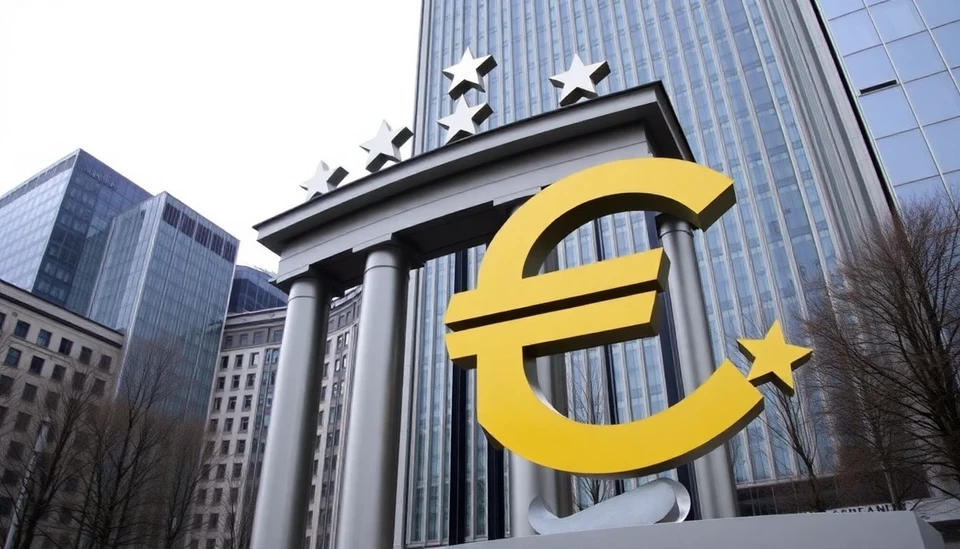
In a significant development for the European economy, François Villeroy de Galhau, a prominent member of the European Central Bank (ECB) governing council, has expressed that the recent trends in disinflation could pave the way for interest rate reductions soon. During a recent interview, Villeroy emphasized how the current economic climate appears to support more flexible monetary policy and even opportunities for rate cuts, should the disinflation trend continue.
Villeroy highlighted that the ECB's stance is primarily driven by a noticeable decrease in inflation rates, which has led to increased consumer confidence across the Eurozone. He underscored the importance of interpreting such economic indicators correctly, suggesting that falling inflation rates could lead to a more favorable outlook not just for consumers but also for businesses that have been operating under constrained economic conditions.
The central banker pointed out that inflation in the Eurozone had peaked in late 2022 and has since shown signs of cool-down, bolstering the possibility of adjustments in the current monetary policy framework. Villeroy's comments come at a time when many economists are analyzing the data for signals of economic recovery, particularly how rate adjustments can impact both growth and stability in the medium term.
Moreover, Villeroy noted that a gradual approach to interest rate cuts is essential to ensure that economic recovery is sustainable and supports long-term growth. He reinforced the ECB's commitment to maintain a careful balance in their monetary policy decisions, aiming to avoid any abrupt changes that could hinder recovery efforts in the region.
As Villeroy’s voice joins a growing chorus of ECB officials suggesting a possible pivot towards a more accommodative stance, market analysts are keeping a close watch on upcoming economic indicators. These indicators will play a crucial role in determining the timing and extent of any future rate cuts, and consequently, how they might influence inflation expectations and economic growth across the Eurozone.
The anticipation around these developments has led to varied reactions in the financial markets, with many stakeholders considering the implications of potential rate decreases on investment strategies and consumer spending patterns. Understanding the interplay between disinflation and interest rate adjustments will be vital for navigating the economic landscape in the coming months.
As the situation evolves, Villeroy’s remarks could signify an important turning point for monetary policy in Europe, especially should the disinflation trend solidify in the months ahead. Market participants and economists alike are advised to remain vigilant, as these discussions could redefine the economic trajectory of the Eurozone in the near future.
Ultimately, Villeroy's strong advocacy for considering rate cuts underscores the ECB's responsiveness to changing economic conditions, indicating a willingness to adapt to new realities as they unfold.
#ECB #Villeroy #MonetaryPolicy #InterestRates #Disinflation #EurozoneEconomy #EconomicRecovery #FinanceNews
Author: Daniel Foster




